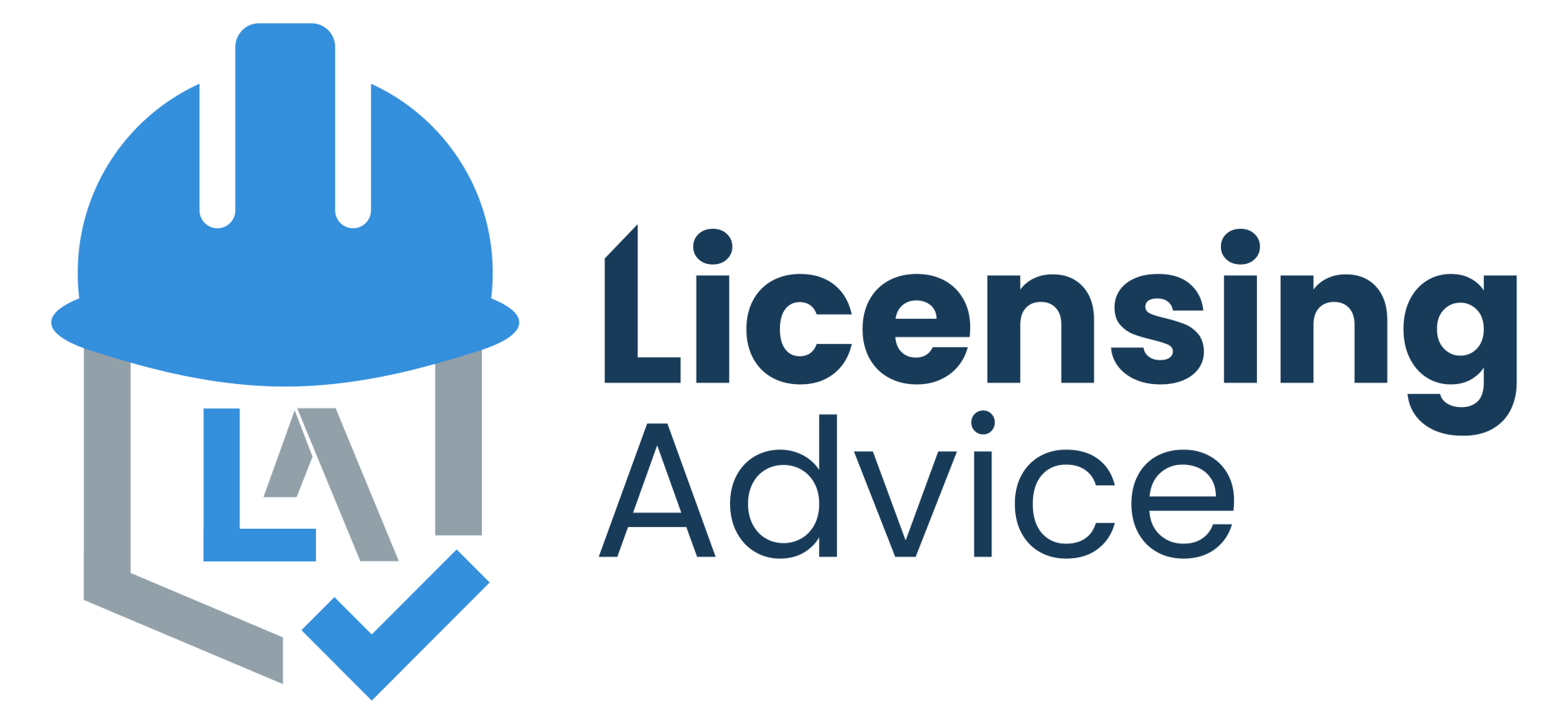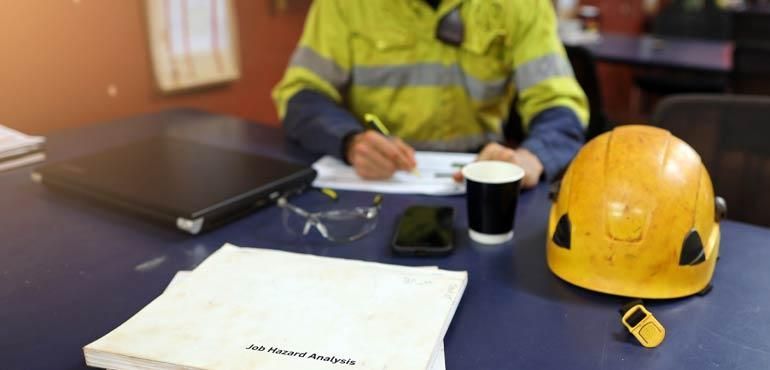The Risks of Operating Without a Trade Licence in Australia
Getting your trade licence isn’t just about ticking boxes. It’s about ensuring you’ve got the skills and knowledge to deliver professional services that meet industry standards. Whether you’re in construction, electrical, plumbing, or any of the other 40+ regulated trades, operating without the right licence can land you in hot water – think heavy fines, legal battles, and a damaged reputation you won’t want to repair.
Why Do You Need a Trade Licence?
Every state in Australia has its own rules about who can do certain types of work. You need a trade licence for any job that involves skill, safety risks, or technical expertise. We’re talking:
- Construction
- Plumbing
- Electrical work
- Tiling
- Air conditioning installation
The whole point of licensing? It’s to prove that you’re not only qualified but also capable of doing the job right – the first time. Skip this step, and you could be putting yourself, your clients, and your business at risk.
Penalties for Operating Without a Licence
Think you can fly under the radar without a licence? Think again. Here’s what could come your way:
- Fines: From a few thousand to tens of thousands depending on where you are and how bad it is.
- Work Orders: You could be forced to fix any dodgy work you’ve done – on your own dime.
- Clients Wont Pay: You could complete a project and request payment, only for the client to turn around and not pay you and, it's all legal because you don't hold the appropriate license.
- Loss of Contracts: Companies need proof of your trade licence before they even think about hiring you. No licence? No work.
- Reputation Wreck: In the age of online reviews, one slip-up can mean the difference between a 5-star reputation and total disaster.
Licensing Requirements by State
Every state has its own rules, but the process to get your trade licence generally looks like this:
- Complete a recognised training program or apprenticeship.
- Prove you’ve got the practical experience.
- Pass the necessary exams.
- Sort out your insurance and registration.
- Submit the right applications and get approved.
Let’s break it down by state.
New South Wales (NSW)
In NSW, tradespeople must be licensed by NSW Fair Trading. This applies to most construction-related trades, including carpentry, plumbing, and electrical work.
Need help getting your NSW Trade Licence? Head to our NSW Page and let’s get started.
Queensland (QLD)
The Queensland Building and Construction Commission (QBCC) handles trade licensing in QLD. Specific licences are required for builders and tradespeople doing regulated work.
Not sure where to start with your QLD Trade Licence? Visit our Queensland Page for expert advice.
Victoria (VIC)
In Victoria, the Victorian Building Authority (VBA) issues trade licences for work like plumbing, gas fitting, and electrical services.
For a smooth Victorian Trade Licence application, check out our Victoria Page. We’ve got you covered.
South Australia (SA)
Licensing in SA is managed by Consumer and Business Services (CBS). Builders, electricians, and plumbers all need to be licensed here.
Need assistance with your SA Trade Licence? Head over to our South Australia Page and we’ll take care of the rest.
Western Australia (WA)
In WA, trade licences are issued by the Building Commission for electrical and plumbing work, while building contractors are licensed through the Building Services Board.
If you need help with your WA Trade Licence, visit our Western Australia Page for the full breakdown.
Tasmania (TAS)
In Tasmania, the Department of Justice manages the licensing for trades like building, plumbing, and electrical work. You’ll need a licence for most regulated trades.
Need guidance on your TAS Trade Licence? Check out our Tasmania Page and get started.
Northern Territory (NT)
In the NT, the NT Building Practitioners Board and Electrical Workers and Contractors Licensing Board oversee trade licences for construction and electrical work.
If you’re confused about NT Trade Licence requirements, head to our Northern Territory Page for clarity.
Australian Capital Territory (ACT)
In the ACT, the Environment, Planning and Sustainable Development Directorate (EPSDD) handles licensing for construction, plumbing, and electrical work.
Get expert help with your ACT Trade Licence by visiting our ACT Page.
How to Ensure You're Compliant
If you’re not sure whether you need a licence, don’t wing it – here’s how to make sure you’re covered:
- Research Your State’s Requirements: Each state has different rules, so make sure you know what applies to you.
- Stay Up-to-Date: Regulations change, and you don’t want to be caught off-guard.
- Keep Your Licence Records Handy: Clients will ask, and you’ll need to prove you’re legit.
- Consult the Experts: If you’re unsure about your licence or how to get one, Licensing Advice can help streamline the process, saving you time and hassle.
Final Thoughts
Operating without the correct trade licence in Australia? That’s a risky move. From hefty fines to reputational damage, the consequences aren’t worth it. Not sure what you need or how to get started? We’re here to help. Reach out today, and let’s make sure your trade licence is sorted so you can keep building your business – the right way.
Need assistance with your Application?
Book your FREE 15 Minute Consultation with our Licensing Experts to get your Trade or Builders Licence underway!






